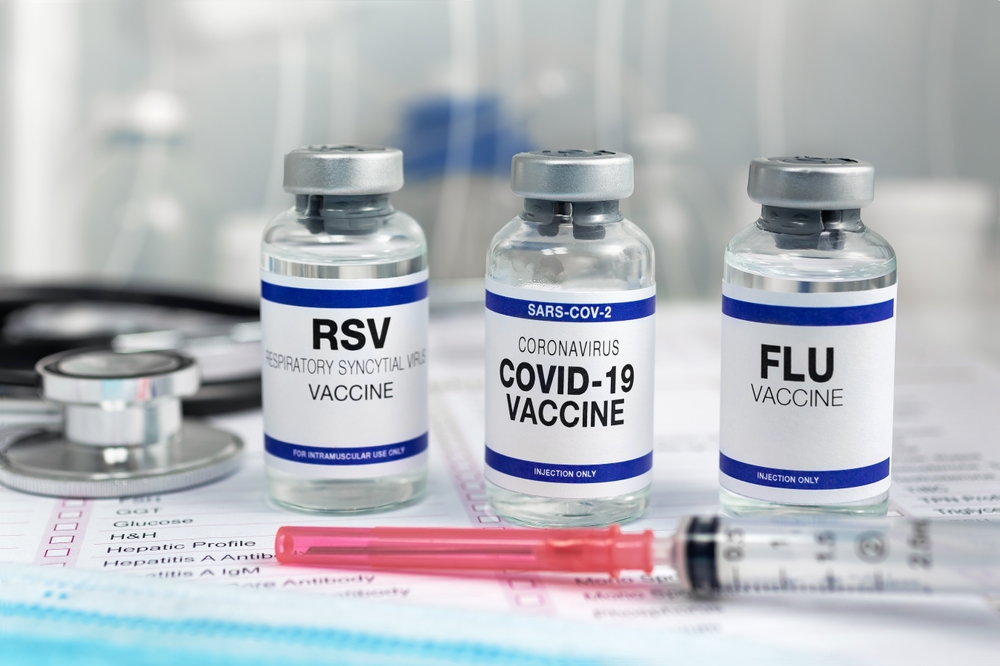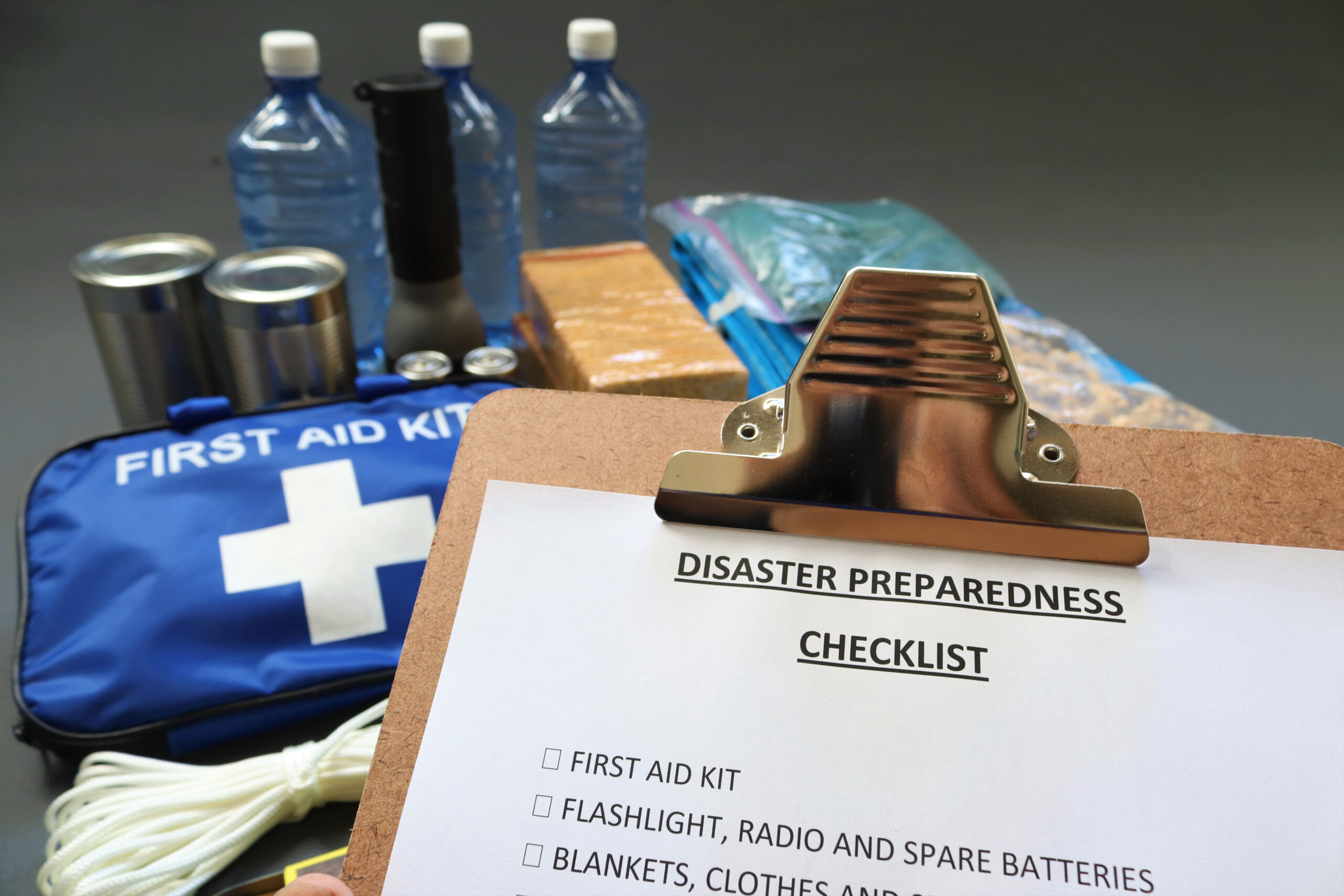
Nourishing the Mind: The Role of Nutrition in Cognitive Health for Long-Term Care Residents
In long-term care facilities, proper nutrition is a cornerstone of maintaining and enhancing cognitive function among elderly residents. As individuals age, their nutritional needs evolve, and deficiencies in essential nutrients such as vitamin B, omega-3 fats, and antioxidants can significantly impact brain health and cognitive function. Therefore, it’s crucial for caregivers and healthcare professionals to have a thorough understanding of the unique dietary requirements of older adults. By identifying and addressing potential nutrient gaps, care teams can help prevent cognitive decline, support mental clarity, and ultimately contribute to higher quality of life for residents.1










